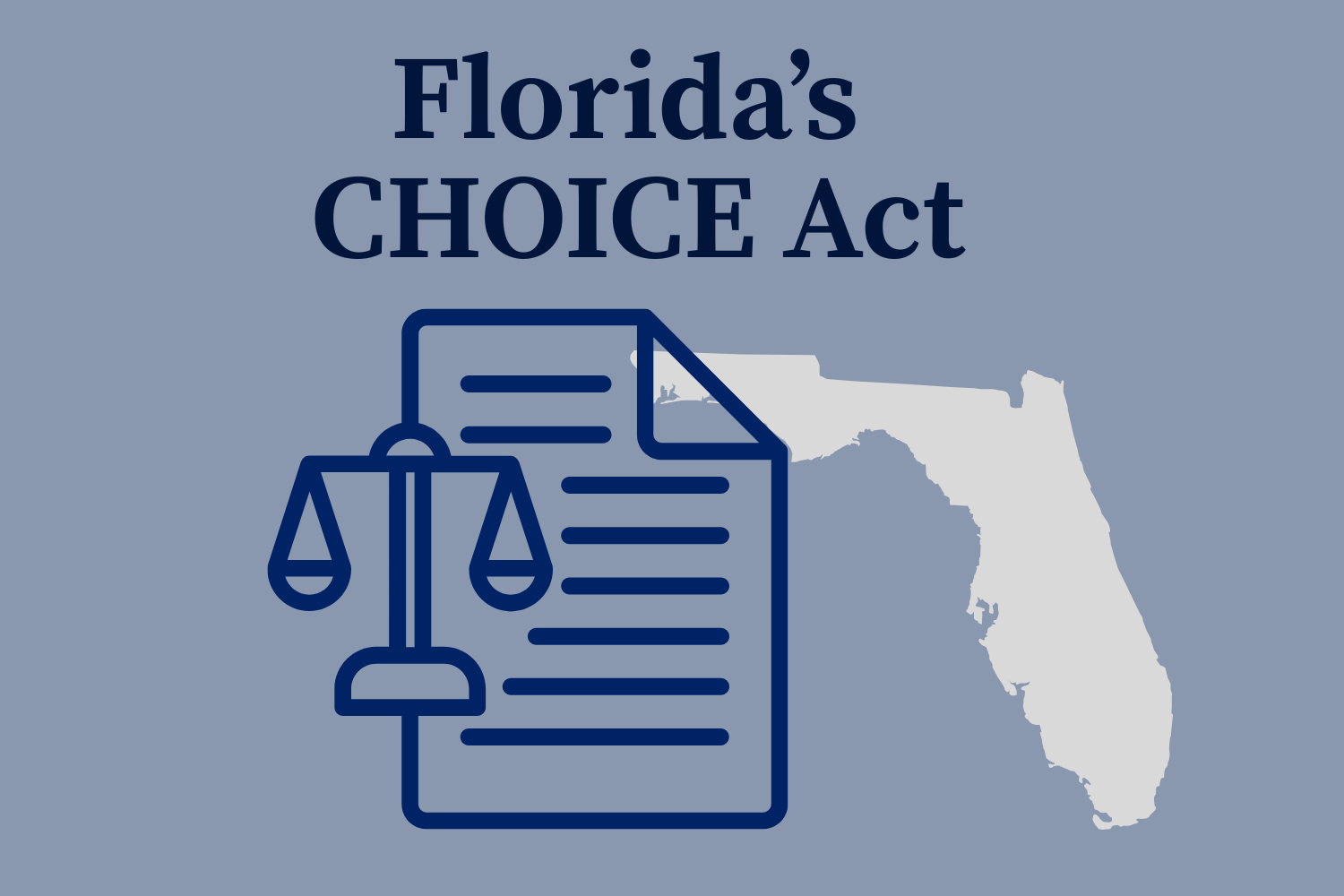
The Florida Legislature recently passed the CHOICE Act (short for Contracts Honoring Opportunity, Investment, Confidentiality, and Economic Growth), which takes effect July 1, 2025. CHOICE brings significant updates to how non-compete and Garden Leave agreements work in Florida, giving employers powerful new tools to protect their businesses. Here’s what you need to know.
What the CHOICE Act Does
The CHOICE Act strengthens the ability of Florida employers to enforce non-compete agreements—specifically for highly compensated workers. For the first time, these agreements can last up to four years, double the current limit of two years under Florida law. That’s great news for businesses looking to keep valuable relationships and confidential information out of competitors’ hands.
The CHOICE Act does not replace or change Florida’s existing non-compete law. Instead, it offers two additional enforcement tools for employers:
1 – CHOICE Act-covered non-compete agreements
2 – CHOICE Act-covered Garden Leave agreements
That means employers still have the option to rely on Florida’s existing statutes for restrictive covenants—but now they have more flexibility and stronger remedies if they choose to meet the CHOICE Act’s specific requirements.
Who Is Covered?
The new law applies to employees or independent contractors earning more than twice the median wage in their Florida county. That means, depending on the location, the earnings threshold could range from $80,000 to $150,000.
Healthcare providers—like doctors and nurses—are not covered under this Act. But existing Florida law for non-competes still applies to them.
Key Requirements for Enforceability
To take advantage of the CHOICE Act non-compete agreement, employers must follow a few rules. Covered agreements must:
– Be in writing
– Inform the worker of their right to consult an attorney
– Allow the worker at least seven days to review the contract before signing the agreement
– Include a signed acknowledgment from the worker confirming they had or will have access to confidential information or key client relationships
If you’re not following these steps, your agreement might not be enforceable—so it’s important to get it right.
How Garden Leave Agreements Works
The Act also supports enforceable Garden Leave arrangements. This means an employer can require a worker to give advance notice—up to four years—before leaving. During that time, the worker remains on the payroll (at base salary and benefits), but may be restricted from working elsewhere.
What Happens If There’s a Dispute?
The CHOICE Act makes it easier for employers to get an injunction to enforce both types of agreements. The court must grant the injunction unless the employee can prove that the agreement is unfair or unnecessary. And if the employer wins the case, they can recover monetary damages and attorney’s fees.
What Should You Do Now?
If you’re a business owner in Florida, this is the time to review your employment agreements. The CHOICE Act offers strong protections— but only if your contracts are properly drafted.
At Ser & Associates, we help businesses create legally sound agreements that protect what matters most— you and your business. Contact us today at 305.222.7282 or info@Ser-Associates.com to make sure you’re ready when the CHOICE Act becomes law.
For more legal insights, visit www.Ser-Associates.com and follow us on Instagram, Facebook, and LinkedIn!
